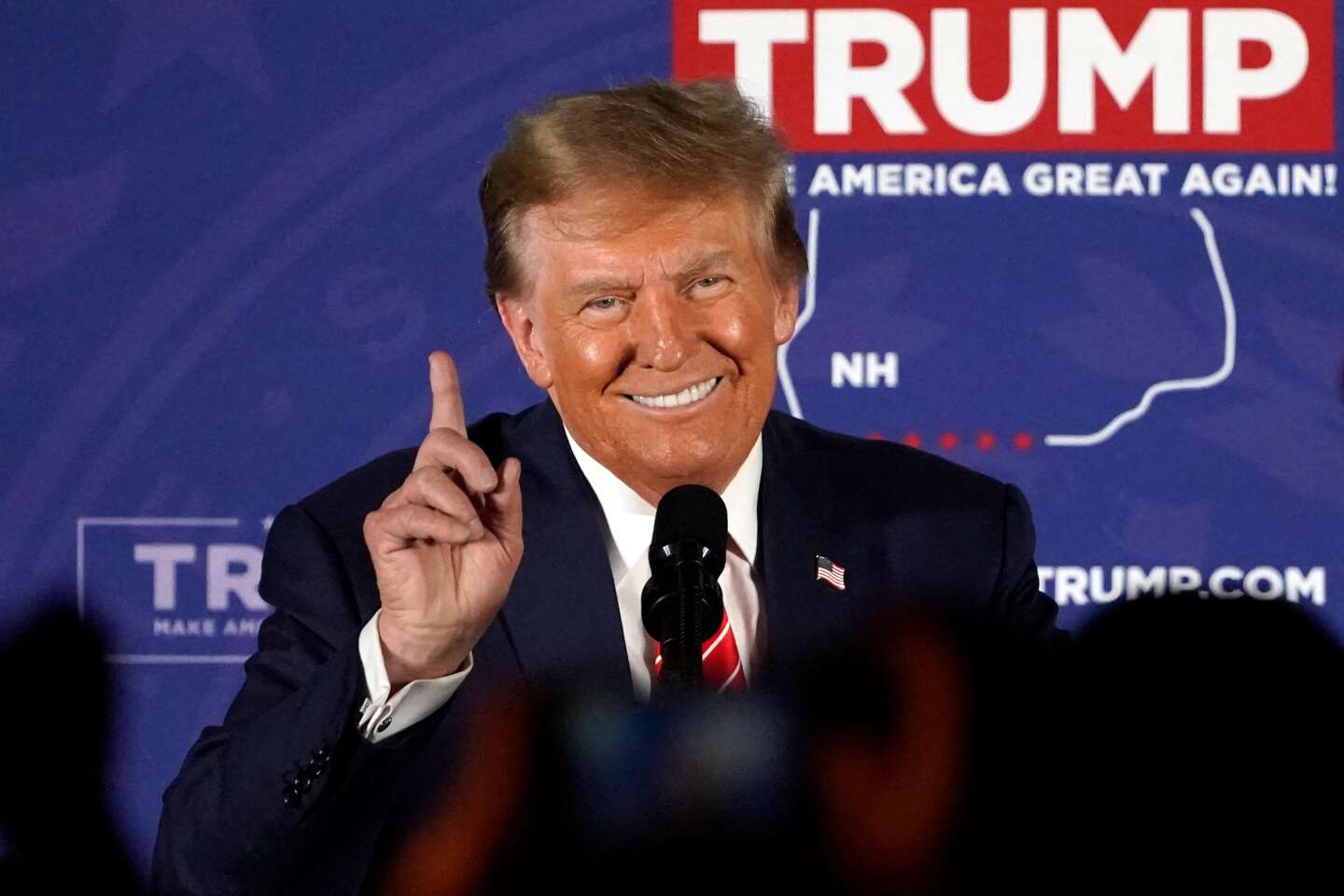


Donald Trump can rejoice. Following his victory in the New Hampshire primary on January 23, he is more than ever the likely Republican candidate for the November 5 presidential election. The former president is already increasing his attacks on Joe Biden in a field where the "America first" champion was not necessarily expected to do so: foreign policy.
In his view, the two wars in which the US is indirectly involved – in Ukraine and in the Middle East – are proof of the incompetence of the Democratic president. To Trump, this reflects poorly on the "adults" in the room, meaning the experts who surrounded him in his early days in the White House until he decided to free himself from them to rely on what he sees as his own indisputable instincts as a statesman.
This posture glosses over Trump's own diplomatic legacy, particularly in the Middle East, where he has had a considerable influence on his country's strategic choices, with results that appear particularly questionable today. This applies first and foremost to what was long considered a turning point: the unconditional normalization of diplomatic relations between Israel and the Gulf states of the United Arab Emirates and Bahrain. Morocco joined in after having obtained Trump's recognition of its sovereignty over Western Sahara, granted in a purely transactional spirit.
Right-hand drift
"Together, these agreements will serve as the foundation for a comprehensive peace across the entire region – something which nobody thought was possible, certainly not in this day and age; maybe in many decades from now – but one founded on shared interests, mutual respect, and friendship," Trump said at the signing ceremony for the Abraham Accords on September 15, 2020. This grandiloquence masked the fact that the countries involved had never faced each other with weapons in hand. Above all, one word had been deliberately avoided in his speech: "Palestine".
This omission was consistent with his pattern of breaking with a consensus that had been scrupulously observed by successive Democratic and Republican administrations until his arrival in the Oval Office.
In addition to his unilateral recognition of Israeli sovereignty over the Syrian Golan Heights, his most controversial decisions included moving the US embassy from Tel Aviv to Jerusalem and appointing an ambassador in favor of Israeli settlement on the West Bank. He also closed the Palestinian delegation in Washington, cut off American funding to the UN agency in charge of Palestinian refugees and formulated a peace plan that favored only Israel's interests to an extent that verged on parody. The plan involved the potential annexation of whole swathes of the West Bank.
You have 50% of this article left to read. The rest is for subscribers only.
